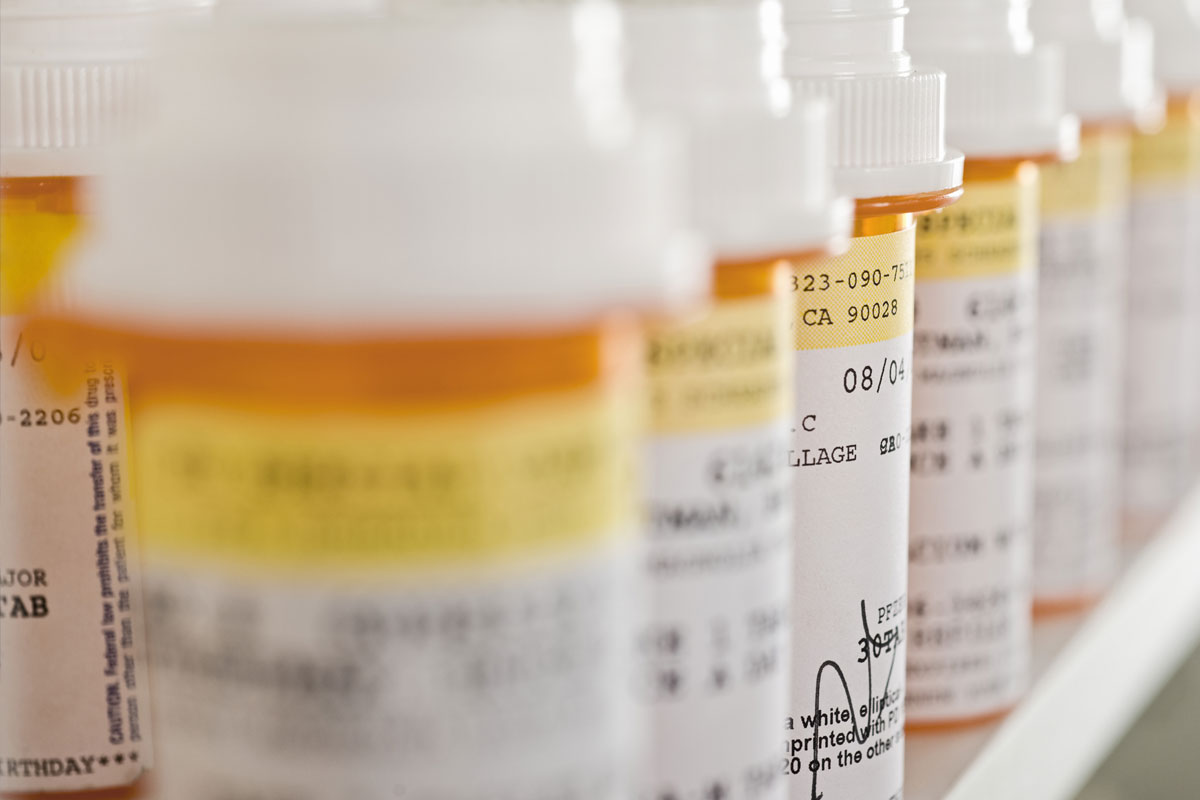
We are in the Age of Data. As fights grow to secure greater open access to the data necessary to create, produce and distribute vaccines, treatments and other critical medical products to combat COVID-19, we need to expand our focus beyond patents and clinical data to ensure that access to all necessary information to combat and eventually defeat COVID-19 is available NOW. We must reevaluate the basis and role of protection for “data,” broadly defined, to assure that such “data” and critical tools for its application (such as AI) remain readily available to those fighting this virulent disease.
“Data” has always had economic and scientific significance. In the first federal US copyright law in 1790, Congress protected “maps” and “charts,” which are basically tangible representations of data. The protection of databases remains a contested issue under copyright even today.
From the development of the scientific method, data has also formed a critical aspect of scientific investigation and innovation. Patent protection at its heart depends on data for the investigative processes used to create innovative medical drugs, devices and treatments. It also relies on data to determine if such products and processes meet the high standard of novelty imposed under US and international law. Data that is unprotectable under either copyright or patent laws may still be protectable under trade secret laws, including clinical and test data for pharmaceuticals, most notably under so-called data exclusivity principles under Section 39(3) of TRIPS.
There is little doubt that the scope and mandatory period of protection for these IP-related manifestations and uses of “data” have been the subject of a well-known and upwards trajectory in protection through TRIPS and diverse Free Trade Agreements, including most recently the TransPacificPartnership Agreement and the USMCA (pre-Protocol). Although such upwards trajectory may have slowed as a result of COVID-19, it is by no means over. To the contrary, in the U.S. there remains pending legislation, the Facilitating Innovation to Fight Coronavirus Act, S. 3620, that adds 10 years to the existing 20 year term of patent protection for patents “used or intended for use in the treatment of the Coronavirus Disease 2019 (COVID–19).” This 30 year patent term is in exchange for delaying the patent term of covered inventions until the date on which the COVID-19 National Emergency Declaration ends. Although the Declaration currently has no end date, it is extremely unlikely that it will last ten years!
As a result of the current pandemic, we have also seen national and international efforts to secure open access to these protected data manifestations. These efforts include the Costa Rica Technology Pool, the Open COVID-19 Pledge and the WHO Resolution on COVID-19. They are an excellent first step, but to assure that scientists and other innovators can be as efficient and effective as possible in their quest to combat the current pandemic, broader categories of data must be included to reflect the realities of innovation.
The Costa Rica Technology Pool, co-launched with WHO as C-TAP, seeks to provide access to “technologies that are useful for the detection, prevention, control and treatment of the COVID-19 pandemic.” It includes among the covered items “existing and future rights in patented inventions and designs, as well rights in regulatory test data, know-how, cell lines, copyrights and blueprints for manufacturing diagnostic tests, devices, drugs, or vaccines.” The Open COVID Pledge focuses broadly on “intellectual property rights” but to date has only posted voluntary licenses dealing with patents and copyrights. What is lacking in both is specific access coverage for investigative and research data, qua data.
At a minimum, data regarding negative know how, discontinued clinical trials, adverse side effects and similar negative information should be made publicly available to eliminate wasted time and resources as others pursue already discredited approaches. Although pharmaceutical companies often make general trial data available at the earliest possible opportunity to boost share prices, such data is often incomplete with regard to negative effects and adverse consequences.
Beyond data, however, access to the tools used to generate and analyze this such data in a rapid yet effective manner should also be readily available. AI-enabled machines and processes, with their critical functions of “deep learning” and “predictive analytics,” are revolutionizing research, data testing, and virtually every other aspect of creation, certification and delivery of drugs, devices and pharmaceutical products. Although some AI-enabled processes are patentable and some AI programs are copyrightable, the building blocks of AI — algorithms and the databases used for their machine or deep learning programming — are only protectable as trade secrets. They are not currently specified as covered data to be provided under the above-mentioned open access initiatives. But they should be.
Even though voluntary efforts are a valuable component, they cannot be the sole basis of opening access to necessary COVID-19-related data. As others have pointed out, such voluntary efforts are necessarily limited by the self-interest of the parties that hold current rights in the IP that protects their COVID-related data. That does not mean that such voluntary measures won’t attract members. Even Gilead Sciences has voluntarily licensed three generic drug companies to “manufacture to distribute” Remdesivir in 127 countries. While the decision to issue voluntary licenses is laudable, the small number does not reflect the public interest in assuring rapid production and distribution of potentially life-saving treatments.
It is time to consider utilizing TRIPS flexibilities to mandate access, not just to patents, but to designs, copyrights and applicable trade secrets, including investigative, clinical and other test data, as well as AI tools, required to support present efforts to fight COVID-19. The UN Secretary General’s High Level Panel on Access to Medicines recommended in its 2016 report that governments require public disclosure of “unidentified data on all completed and discontinued clinical trials” in an easily searchable public register, such as WHOs Clinical Trials Registry. Such data should be disclosed “regardless of whether the results are positive, negative, neutral or inconclusive.” The Panel further recommended the publication of study designs and protocols, data sets, test results and anonymized patient data “in a timely and accessible manner.”
Like other TRIPS flexibilities, mandatory publication of trade secret data should be carefully crafted and narrowly circumscribed. Not every AI program or clinical data owned by a pharmaceutical company is COVID related. As I have indicated elsewhere, while public access is critical to combat this deadly pandemic, it must be carefully balanced to assure that such mandatory procedures do not have the adverse effect of actually suppressing innovation.
I have no magic formula to offer, but only a warning that the goal of any such mandatory access demands must be limited to critical data required to promote more rapid and effective innovation. I firmly believe that negative information, including adverse side effects, and completed trials should be freely accessible. But for positive or neutral data related to ongoing investigative efforts, adequate compensation, such as that required under Articles 31 and 31bis of TRIPS, may be required to help ensure that private companies are willing to undertake the time, money and effort required to innovate in the pharmaceutical field while maintaining the public interest in reasonably available access to support rapid and efficient innovation efforts.
Finally, as the UN High Level Panel recognized, any public release of clinical or patient data must comply with data privacy issues. This not only requires effective anonymization. It also includes appropriate consent for the collection and release of such data by the participants in any trial.
The task in assuring that open access initiatives look beyond patents to secure access for all necessary data will not be an easy one. But it is critical to stopping the mounting death toll. We have to start developing the parameters for such access NOW



